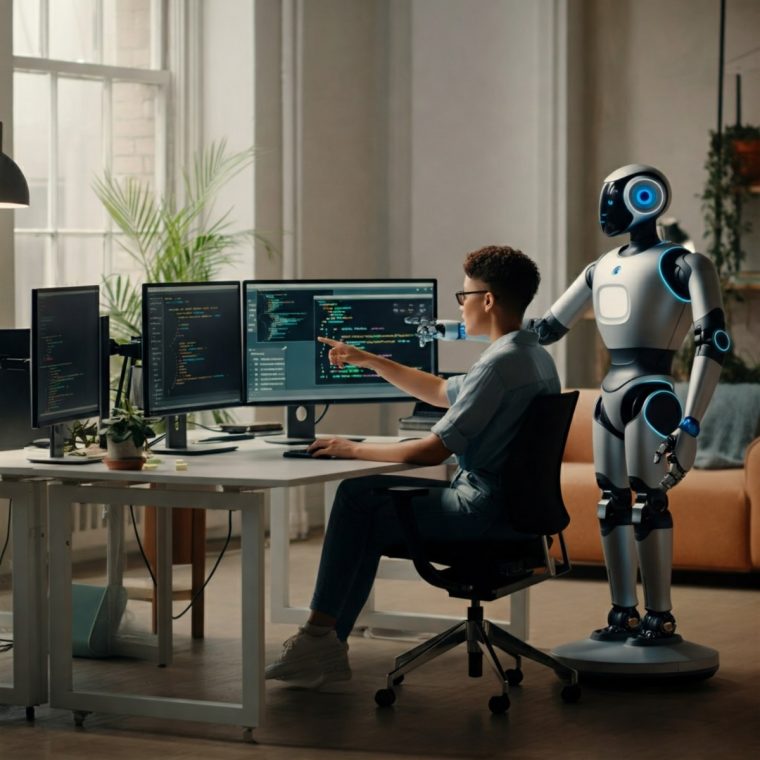Today, I want to explore a topic that’s sparking intense debates in the tech world: the role of AI in software development. AI is evolving at lightning speed, and we’re already seeing systems that code, debug, and innovate. But does this mean human coders are heading toward extinction? Let’s dig in and see what the buzz is all about.
Let’s dive in and separate the hype from reality. We’ll discover how AI might transform coding, what to expect in the job market, and how you can stay ahead of the curve.
AI in Software Development: A Rapidly Evolving Landscape
AI’s leap into software development isn’t new. It’s been around in small ways for years—think basic automated testing or code suggestions in IDEs. However, by 2025, AI could cross a critical threshold and function as mid-level engineers, capable of generating robust code, reviewing pull requests, and handling complex tasks usually done by human developers.
This transformation isn’t about pushing humans aside; it’s about reshaping the entire development process. It might be expensive in the early stages, but as the technology gets refined, these AI systems become more accessible. Then the real shift begins: developers will focus on creative solutions while AI tackles the mundane.
As AI offloads basic tasks, we’ll see a surge in experimentation and innovation. People will dream up new software solutions, and AI will help bring those ideas to life faster. Let’s explore how specific industry titans—like Meta (Facebook), Amazon, and OpenAI—plan to shape this brave new world.
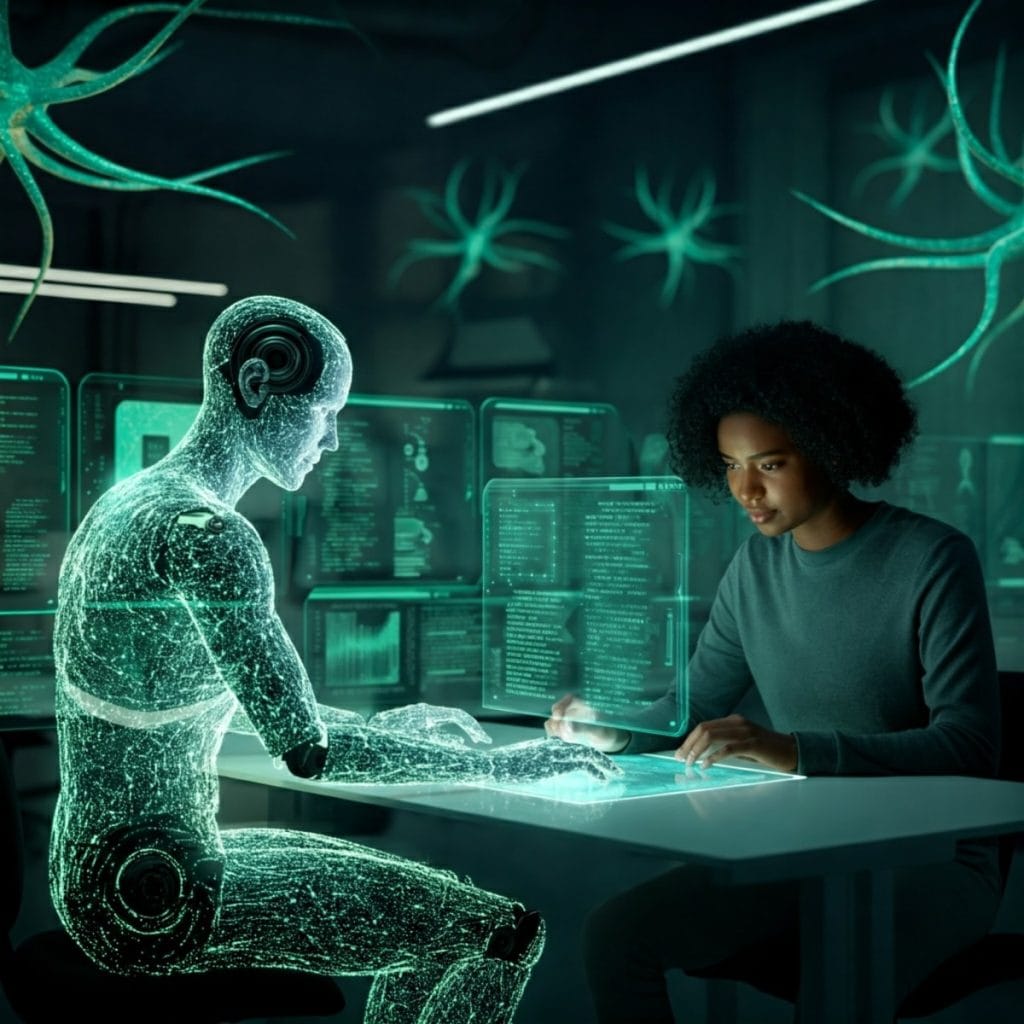
Mark Zuckerberg’s AI Vision: A Glimpse into the Future of Coding
Mark Zuckerberg, CEO of Meta, has a bold prediction: by 2025, AI will become a linchpin in software development. His claim revolves around the idea that AI could absorb much of the routine coding work, freeing human developers to focus on the trickier, more creative aspects of engineering.
The Practical Outcome of This Vision: If Zuckerberg is right, software engineers won’t vanish—they’ll be propelled into higher-level problem solving. Efficiency skyrockets, release cycles shorten, and new applications flood the market. For coders, it means adopting a skill set that blends traditional programming with AI-driven workflows. The result? More innovation, faster.
Challenges and Realities: Of course, there are bumps in the road. AI is prone to biases embedded in its training data. Ethical concerns around transparency and accountability loom large. While AI can automate tasks, the creativity and moral compass of human engineers remain irreplaceable. Zuckerberg’s vision might be ambitious, but it isn’t guaranteed. We’ll need to navigate legal and ethical terrain just as much as the technical aspects.
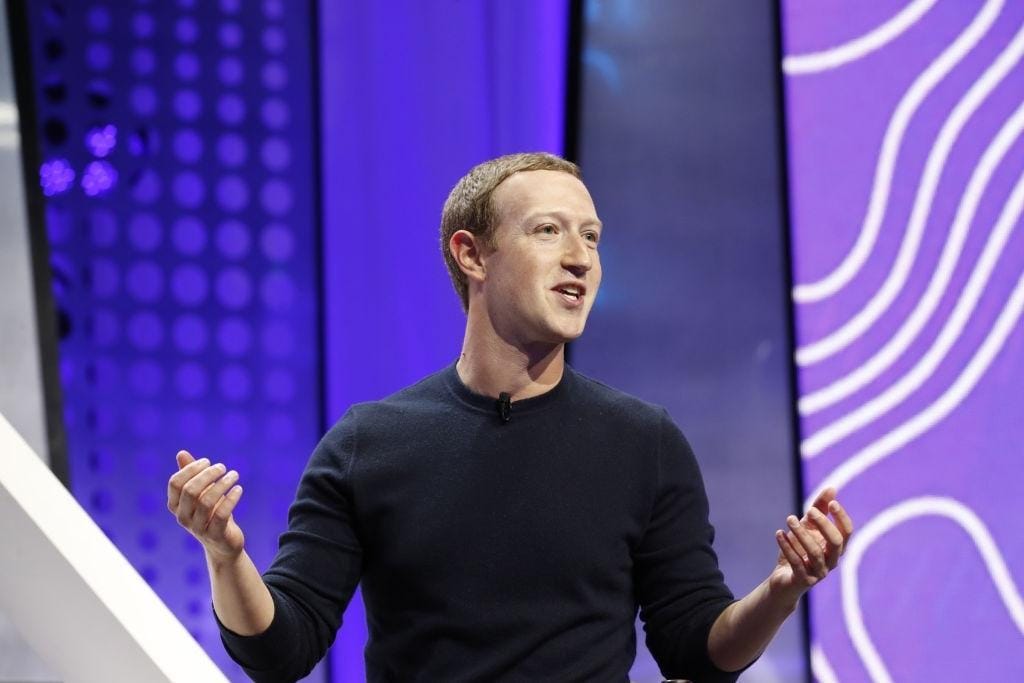
Amazon’s Secret AI Plans: The End of Human Coders?
A leaked conversation from Amazon’s internal fireside chat in 2024 hinted that by 2026, the entire definition of a “developer” could change. Traditional coding might become secondary, with AI taking on more grunt work. Instead of punching out endless lines of code, engineers would zero in on user experience, innovation, and strategic thinking.
The Economic Ripple Effect: This shift could be massive. Businesses might need fewer coders for mundane tasks, but the demand for specialized experts who can guide AI systems would surge. It’s not about fewer total jobs; it’s about different jobs. AI-literate project managers, system architects, and creative designers could thrive in this new environment.
A Window of Opportunity: If you’re a developer, consider this good news. With AI handling boilerplate coding, your potential to focus on high-impact projects increases. You might orchestrate large-scale innovations or fine-tune AI algorithms to meet business needs. Essentially, you move up the value chain, leveraging AI as a powerful ally rather than fearing it as a rival.
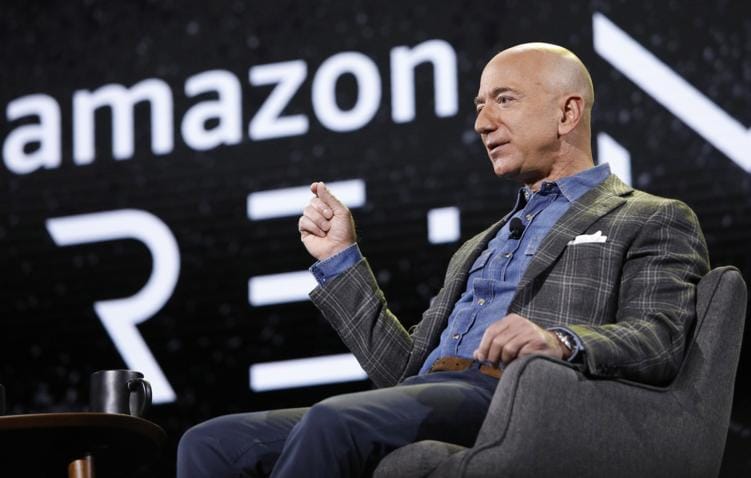
AI Benchmarks: The Race to Outperform Human Coders
AI’s growing prowess isn’t just speculation. We’ve got benchmarks to prove it. Early in 2024, the SWE (Software Engineering) bench showed AI scoring around 7% on difficult coding tasks. Just five months later, that number had jumped to 38.8%. And by the end of the year, advanced models soared past 60%.
The Rapid Performance Leap: Models like Cosine Genie and Code Story Midway Agent pushed the envelope before handing off the crown to newer contenders. One of the biggest leaps came from the “O3” benchmark, hitting an astonishing 71.7%.
These improvements suggest that AI is sprinting toward human-level coding abilities—faster than anyone thought possible.
Bridging Cost and Scalability: High performance alone doesn’t guarantee industry takeover. Cost matters. Training and running these advanced AI models can be expensive. But as we refine algorithms, optimize hardware, and explore new machine learning techniques, costs are steadily dropping.
That’s when AI-based coding could become mainstream, balancing performance with commercial viability.
AI Models in Coding: A Cost-Effective Revolution
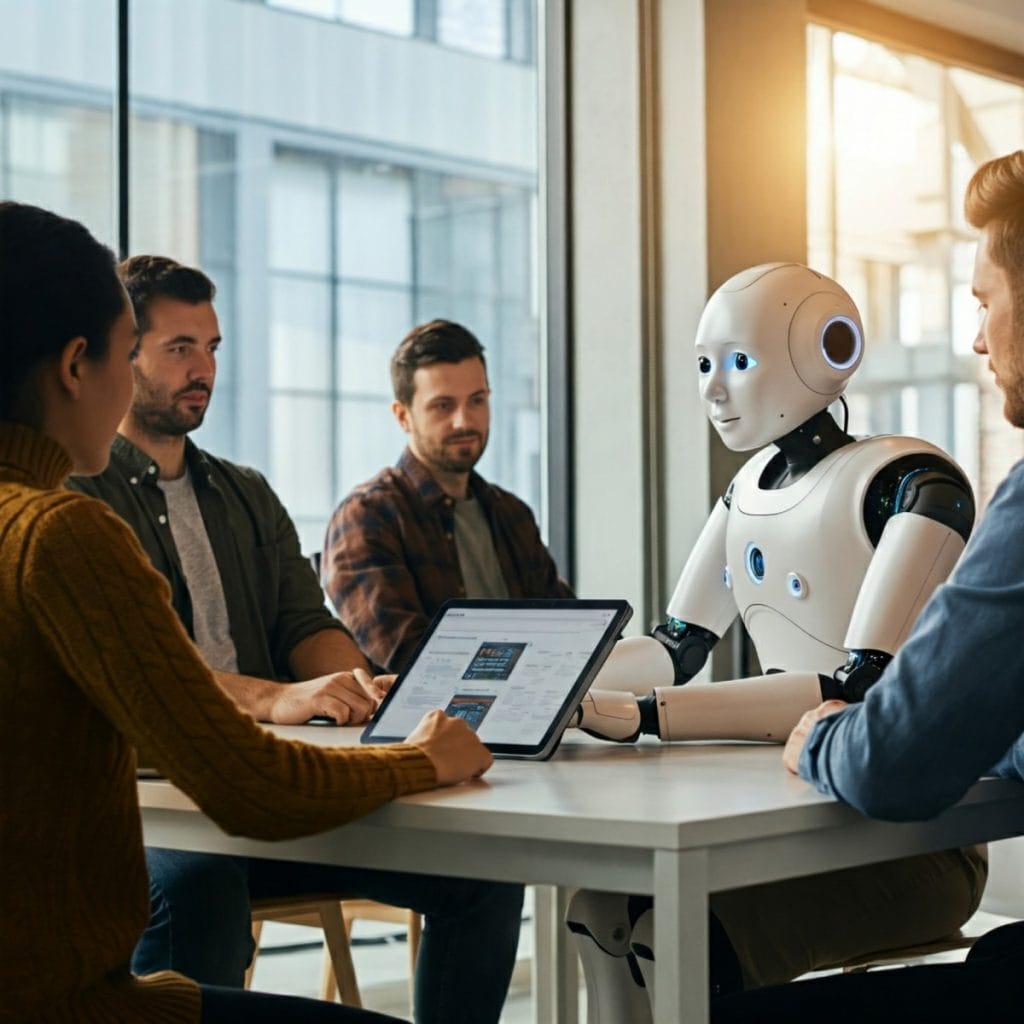
The “O3” model is a shining example of how AI can be both powerful and economical. In coding competitions like Codeforces, “O3” ranks among the top 1% of coders, outperforming many human competitors. This is a monumental achievement, but what really grabs attention is the reduced cost of operation compared to previous versions.
Why Cost Matters: Enterprises weigh the trade-offs between hiring human engineers and investing in AI systems. Salaries can be high, especially in tech hubs. If an AI model can churn out robust code at a fraction of that cost, the business case becomes clear.
This doesn’t necessarily replace the human engineer; it just reallocates resources. Human brains tackle inventive ideas, and AI handles repetitive coding tasks.
What’s Next? The O4 Model: Rumor has it that by 2025, “O4” will push coding AI even further. Enhanced logic, quicker response, improved reasoning—these advancements aim to blur the lines between human and machine capabilities.
If you think “O3” is impressive, the next generation might bring even bigger cost and performance benefits. The implications are huge for companies looking to optimize and scale quickly.
OpenAI’s Vision: AI as the New Software Engineers
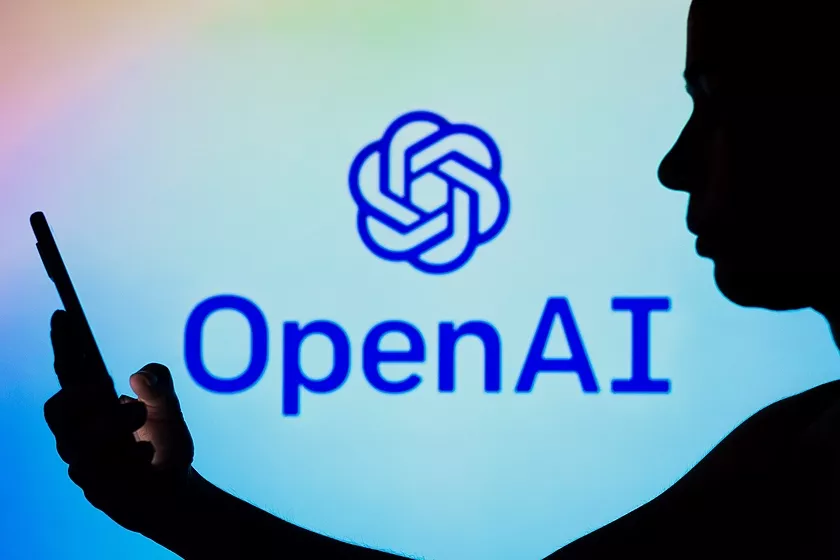
Noam Brown at OpenAI leads one of the most ambitious undertakings: training AI to perform extended reasoning, not just spitting out answers. The “O1” series laid the groundwork, hinting that AI could soon handle complex tasks. Brown revealed that the model has already authored successful pull requests, proving its ability to collaborate within human-led teams.
As AI models evolve, they’re increasingly capable of doing what human engineers do—sometimes faster and cheaper. Imagine a future where AI isn’t just assisting but fully orchestrating massive software projects. According to Brown, the day we stop posting coder job listings might be the day Artificial General Intelligence (AGI) truly arrives.
Human Engineers vs. AI: Who Will Win the Future?
Despite AI’s meteoric rise, there’s strong evidence that human engineers aren’t going anywhere. In fact, the World Economic Forum’s Future of Jobs Report ranks software developers among the fastest-growing professions through 2030. Yes, some tasks will be automated, but the demand for humans who can innovate, strategize, and problem-solve will stay robust.
Why Humans Still Matter: Machines struggle with creativity, empathy, and ethical judgment—areas where human engineers excel. As AI handles repetitive coding, engineers can pivot to bigger challenges: building entire systems, integrating user feedback, and shaping user experiences. The synergy of AI and human creativity can unlock breakthroughs we haven’t yet imagined.
The Moral Compass: Bias in AI is a hot topic. Ethical oversight from human developers is crucial. We need engineers who can design AI systems that respect privacy, fairness, and societal values. These are deeply human considerations, and they highlight the ongoing need for real people in the loop.
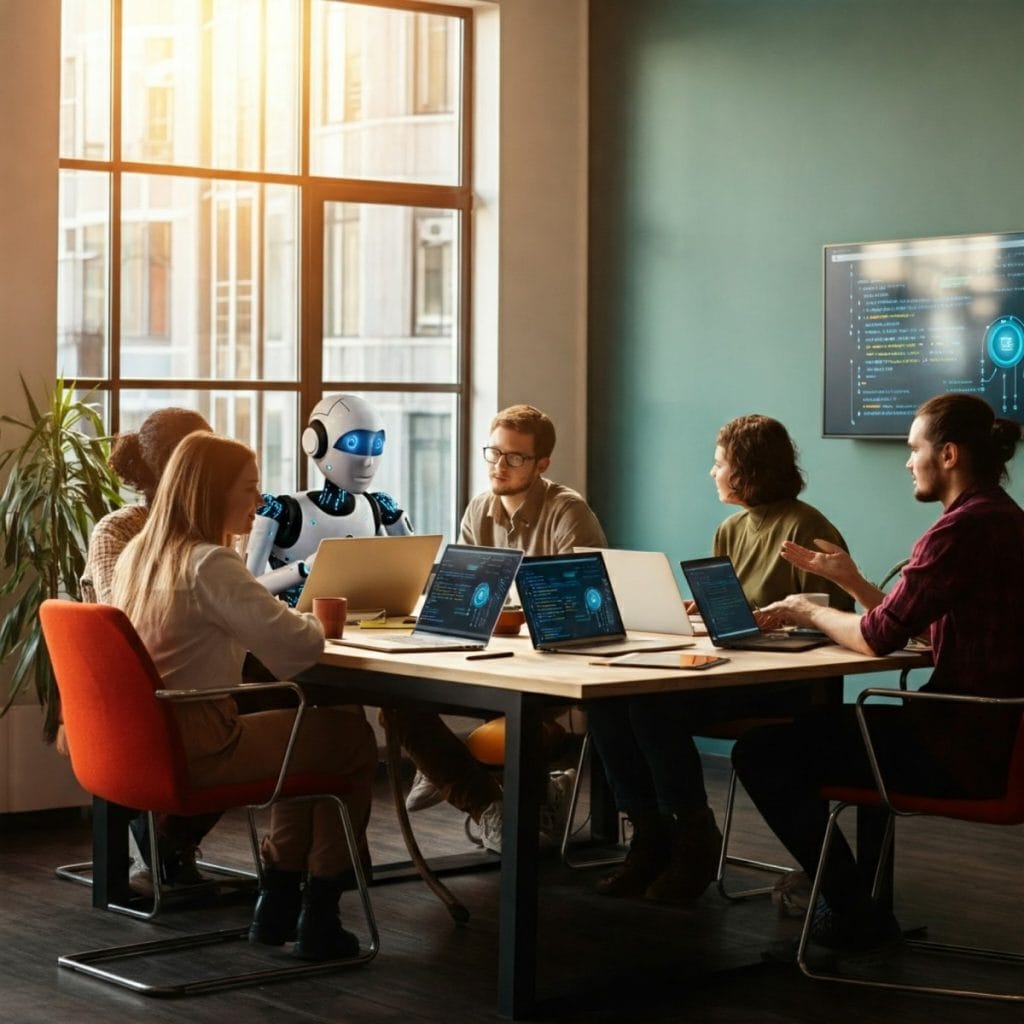
The Jevons Paradox: Why AI Could Boost Software Jobs
Ever heard of the Jevons Paradox? It states that as something becomes more efficient, overall consumption often rises instead of falling. In the context of AI coding, we might assume automation replaces humans. Yet this economic principle suggests the opposite: as AI makes software development cheaper, the number of software projects could skyrocket.
That means more ventures, more startups, and ultimately a need for more developers—albeit in roles emphasizing creativity, ethics, and system-level thinking. Instead of fewer jobs, we might see a larger pool of opportunities. AI doesn’t just take over tasks; it expands what’s possible, thereby increasing demand.
The Surprising Demand for Software Engineers in the AI Era
It’s paradoxical: AI gets more advanced, yet human engineers remain indispensable. How does that work? The growing popularity of AI frameworks, agentic systems, and advanced coding platforms fuels an insatiable need for talented individuals to orchestrate these tools. AI can write code, but it can’t perfectly craft product visions or handle nuanced human needs without guidance.
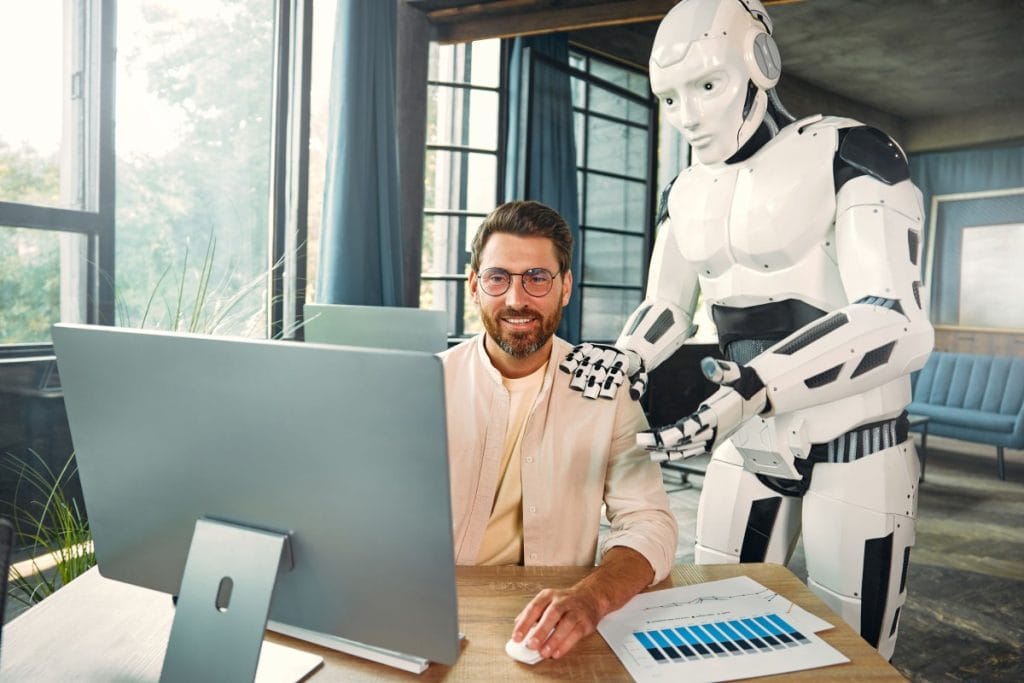
Broadening Horizons: AI has lowered the entry barrier for software development. Projects that once seemed too costly to try can now be prototyped quickly. This democratization sparks an avalanche of new apps, business ideas, and experimental platforms—each requiring human expertise to fine-tune, iterate, and bring them to market.
The Human Oversight Factor: No matter how impressive AI becomes, oversight is vital. Debugging, ethical considerations, performance reviews—these tasks need a human in the driver’s seat. Software engineers act as the final gatekeepers, ensuring that AI-driven solutions don’t spiral out of control or introduce harmful biases.
Future-Proof Your Career: Navigating AI Trends in Software
Now that AI is rewriting the rules, how do you stay relevant? First, recognize that AI frameworks are gaining popularity. Apple’s job listings, for example, reference agent-based frameworks like CRU AI and Langchain. This signals a move toward specialized roles that focus on creating, managing, and integrating AI into everyday software processes.
The Value of Coding Skills: Ironically, coding might be more valuable now than ever. Think of it as your ability to communicate with AI. Knowing how to code means you can orchestrate these AI systems, guiding them effectively.
With tools like ChatGPT and advanced AI assistants, overcoming coding hurdles is easier, amplifying what a single developer can achieve.
A New “Moore’s Law” of Coding: As AI helps you code faster, your output grows exponentially. This is akin to a new kind of “Moore’s Law” for developers, where productivity doubles with each new generation of AI tools. By 2024 and beyond, we could see a single coder doing the work of what once took an entire team.
Strategic Career Moves: To future-proof your career, don’t just focus on raw coding ability. Dive into AI frameworks, learn about agentic workflows, and keep an eye on evolving benchmarks. The most in-demand engineers will be those who can bridge the gap between traditional development and AI orchestration.
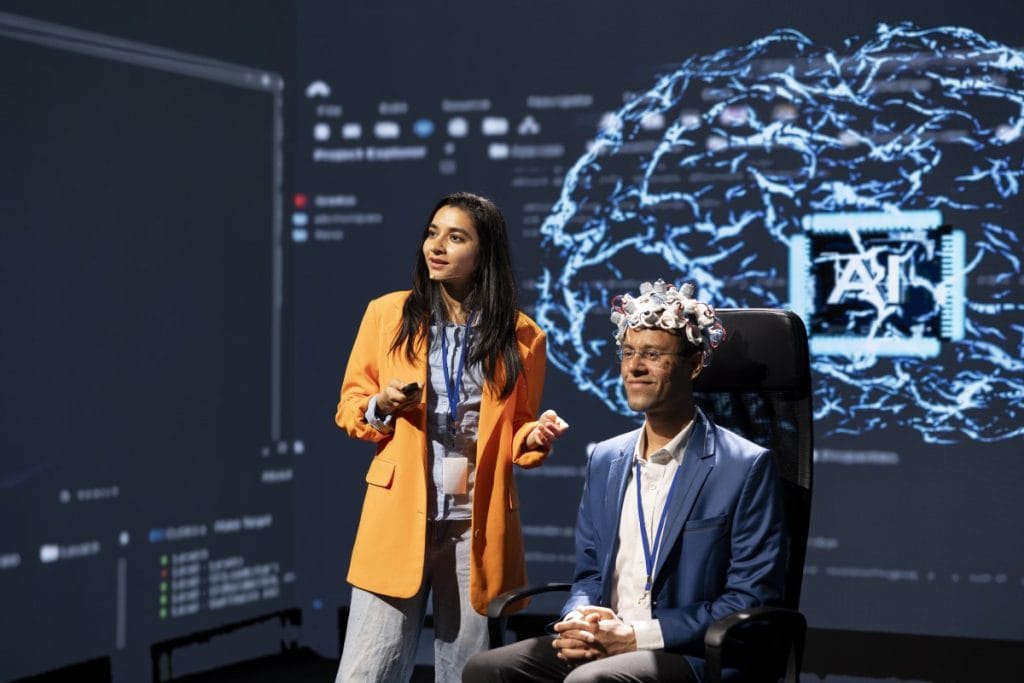
Embracing AI: The Future of Software Development Unveiled
Throughout this post, we’ve seen how AI is poised to reshape software development, from basic coding tasks to groundbreaking innovations.
The next wave of developers won’t just write code; they’ll orchestrate AI systems, leveraging these digital agents to produce revolutionary products and services.
Tech giants are already scouting talent proficient in AI frameworks. The soaring popularity of specialized platforms suggests we’re at the dawn of an era where coding is both simplified and magnified by AI. It’s not about “if” AI will transform coding; it’s about how rapidly it’s happening.
Amid the excitement, remember the essential human qualities—creativity, emotional intelligence, ethical judgment. These are the traits AI can’t fully replicate. By merging your technical skills with the ability to navigate human contexts, you’ll thrive in this new frontier.
So, Who Wins? In my view, both AI and human engineers win. We stand on the threshold of a cooperative future, where AI handles repetitive tasks while humans focus on designing solutions that improve lives. Opportunities abound for those who adapt, stay curious, and continually learn. This isn’t the end of coding jobs—it might be the beginning of something far more exciting.
Conclusion
AI is transforming software development from the ground up. While it may handle routine tasks, it also elevates the role of human engineers to higher levels of creativity, ethics, and strategic thinking.
Whether you’re a seasoned coder or just starting, keep an eye on emerging AI tools, frameworks, and benchmarks. We’re stepping into a new era—one where AI doesn’t replace us but frees us to explore the next frontier of innovation.
Here’s to a future where humans and AI work in tandem, creating software and solutions we once thought impossible.

